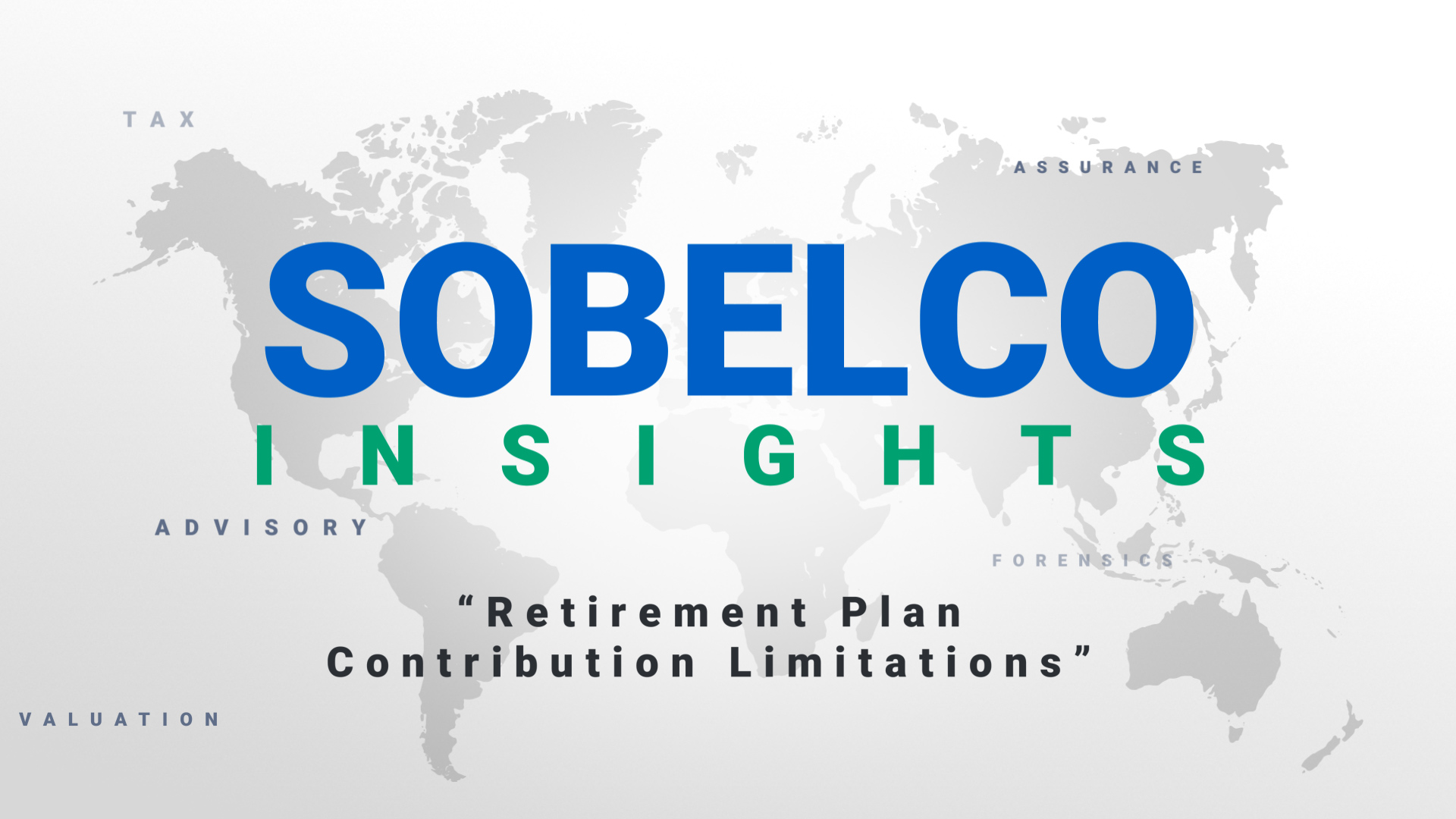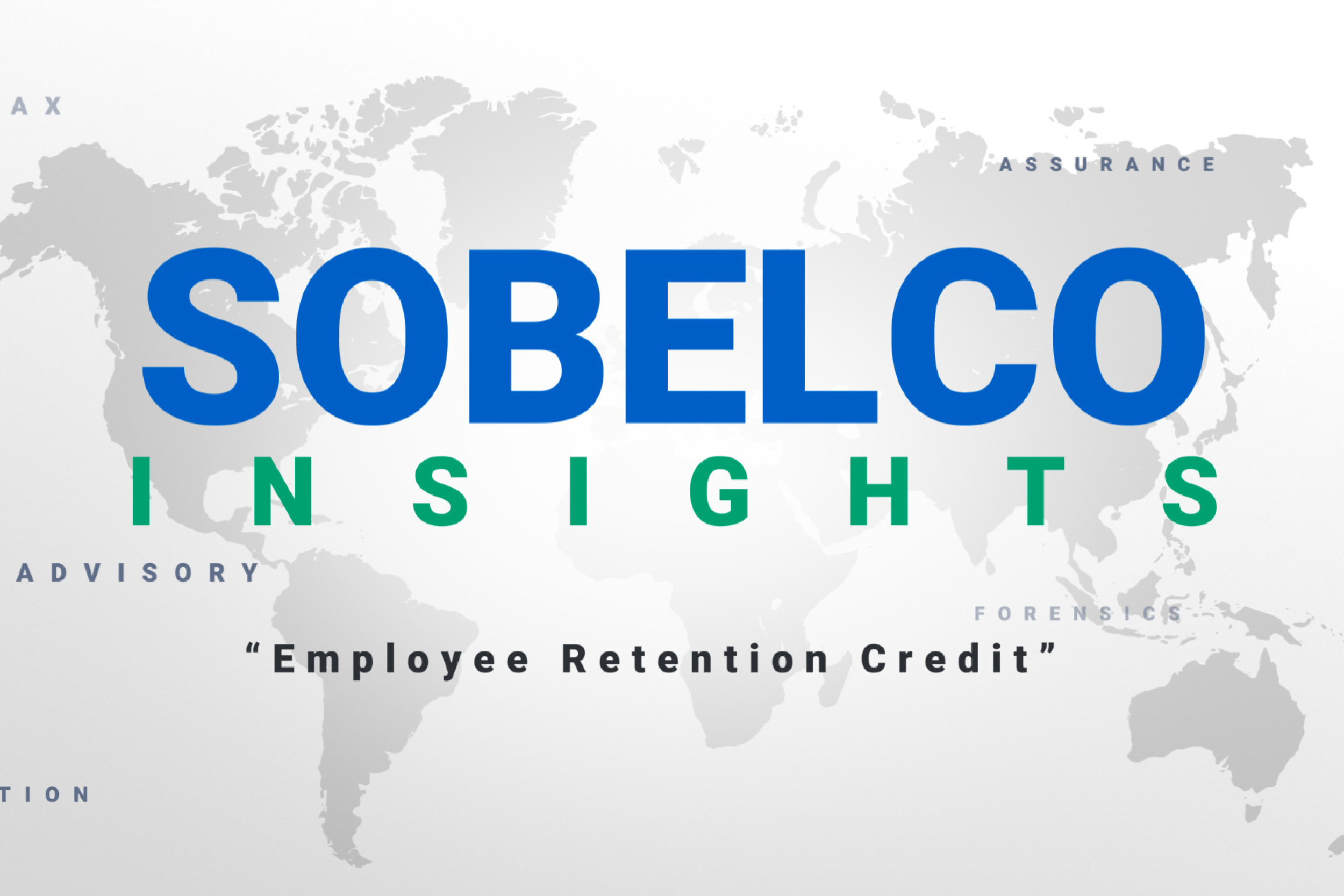
The goal of this section of the CARES Act is to allow taxpayers to deduct a greater amount of interest expense for tax years beginning in 2019 and 2020.
Background
Under Tax Cuts and Jobs Act (TCJA), for taxable years beginning after December 31, 2017, the deduction for business interest expense is limited to sum of:
- 30% of the taxpayer’s adjusted taxable income (ATI) for the year
- Its business interest income and
- Floor plan financing interest
For tax years beginning in 2018 through 2021, ATI is earnings before interest, taxes, depreciation, and amortization. For tax years beginning after 2021, ATI would be earnings before interest and taxes. This limitation, generally, will not apply to taxpayers with average gross receipts that do not exceed $25 million for the three-taxable-year period ending with the prior taxable year. The $25 million threshold applies in the aggregate to certain related taxpayers and is adjusted for inflation.
The amount of disallowed interest generally carries forward indefinitely. In case of Corporations (including S Corporations), the disallowed interest expense remains in the corporation and will be allowed as a deduction in future years when there is enough ATI.
In case of partnerships, the excess business interest is passed on to the partners and carried forward at the partner level and will be allowed as a deduction in future years when there is enough ATI.
Modifications under the CARES Act
The CARES Act modifies Section 163(j) by the following:
- Increases the limitation to 50% of ATI (applicable to certain tax years)
- Provides a special rule for partnership’s 2019 disallowed interest expense
- Allows an election to apply 2019 ATI to the 2020 interest expense deduction computation
For corporations (including S corporations) and individuals, the increase to 50% ATI applies to all tax years beginning in 2019 and 2020.
Special rules apply to partnerships
In case of a partnership, the increase to 50% of ATI, only applies to tax years beginning in 2020 and does not apply for tax years beginning in 2019.
In case a partnership allocates excess business interest in 2019 to a partner (determined under the 30% adjusted taxable income limitation), then, generally:
- 50% of such excess is treated as business interest paid or accrued by the partner in the partner’s first taxable year beginning in 2020 and is not subject to the limitation in that year for such business interest
- The other 50% of the excess business interest is subject to the general excess business interest limitation rules (i.e., only allowed in a future year to the extent of excess taxable income from the same partnership)
Example 1
In tax year 2019, Corporation C, whose average receipts over the preceding three years are greater than $26 million, has interest expense of $500,000, depreciation of $200,000, and net income of $100,000.
C’s adjusted taxable income (ATI) is $800,000 ($100,000+$500,000+$200,000).
Under TCJA, C can only deduct $240,000 ($800,000*30%) of interest expense and the remaining is carried forward.
Under the CARES Act, C can deduct $400,000 ($800,000*50%) of interest expense and the remaining is carried forward.
| Corporation C | TCJA | CARES Act |
| Interest expense | $500,000 | $500,000 |
| ATI | $800,000 | $800,000 |
| Limitation | 30% | 50% |
| Interest expense deduction | $240,000 | $400,000 |
Example 2
Same facts as example 1, but the taxpayer is a Partnership.
In 2019, under both TCJA, and CARES Act, The partnership can only deduct $240,000 in interest expense. The remaining $260,000 is carried over to following years.
In 2020, Partners of the partnership can deduct $130,000 (50% of 2019 disallowed interest of $260,000) interest expense with no limitation, and the remaining $130,000 may be deducted subject to available excess business income.
Elections
Taxpayers can make an election not to have 50% threshold applied to the 2019 or 2020 taxable years. Such election, once made, may be revoked only with the consent of the IRS. For partnerships, election out of the “two-step method” shall be made by the partnership and may be made only for taxable years beginning in 2020.
The CARES Act also allows for an election to use 2019 adjusted taxable income for taxable years beginning in 2020. In this case, such election is to be made by the partnership.
The CARES Act has a special rule for short taxable years in 2019 and 2020.
Currently, there is no guidance for tiered partnership structures or state treatment for any stated that follow Federal treatment.


